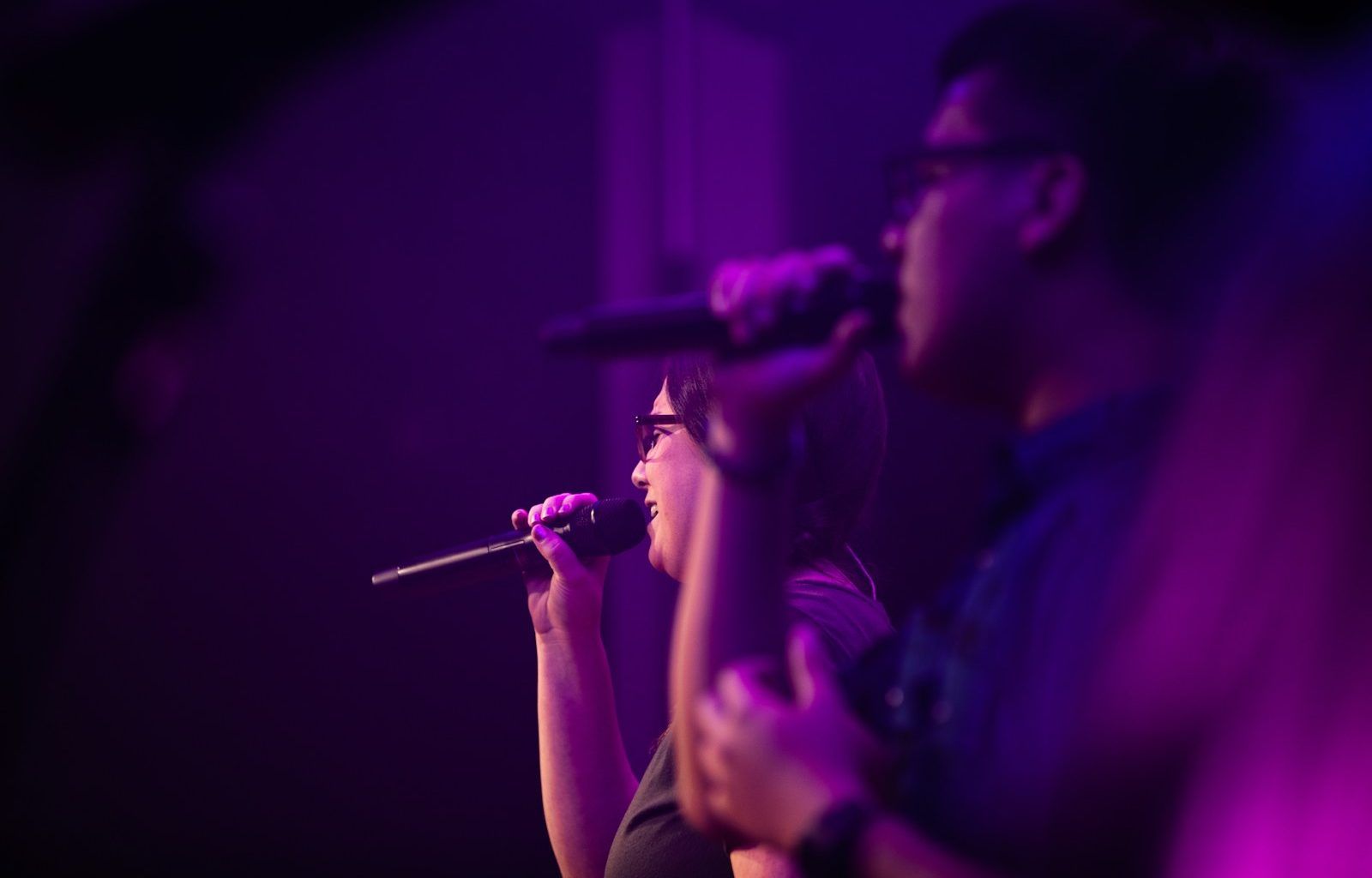Have you ever wondered how singers make money? Whether it’s your favorite pop star or a local indie artist, their journey to financial stability is fascinating. If you’re curious about the music industry or even dream of becoming a singer yourself, understanding how singers get paid is key. Let’s dive into the world of music and explore the many ways singers earn a living.
The Basics of Singer Income
Singers get paid through various revenue streams. These include live performances, royalties, merchandise sales, sponsorship deals, and even social media monetization. Each of these income sources works differently and contributes to their overall earnings. Some singers rely heavily on one avenue, while others diversify their income sources.
Live Performances: The Heart of Singer Income
One of the most common ways singers get paid is through live performances. Concerts, festivals, and private gigs are where singers earn significant amounts of money. Ticket sales often form the bulk of their income in this area. For example, popular singers can sell out massive arenas and earn millions per tour. Even smaller-scale artists can make a decent living by performing regularly.
Transitioning into this area can be challenging for new artists, as booking gigs often depends on networking and building an audience. Still, once a singer has a loyal fan base, live shows can become a consistent and lucrative income stream.
Royalties: Getting Paid for Your Music
Royalties are another crucial source of income for singers. Whenever their songs are played on the radio, streamed online, or used in commercials, singers earn royalties. These payments are typically managed by organizations like ASCAP, BMI, or SESAC in the U.S.
There are different types of royalties:
- Performance Royalties: Paid when a song is played publicly, like on the radio or at a venue.
- Mechanical Royalties: Earned from physical sales or digital downloads of songs.
- Synchronization Royalties: Collected when a song is used in movies, TV shows, or ads.
Understanding how royalties work is essential for singers, as these payments can add up over time and provide a steady income, even years after a song’s release.
Streaming Platforms: A Modern Revenue Stream
In the digital age, streaming platforms like Spotify, Apple Music, and YouTube have become significant sources of income. However, singers don’t earn much per stream. For instance, Spotify pays around $0.003 to $0.005 per stream. While this might sound small, it can add up for artists with millions of plays.
Singers also make money through ads on platforms like YouTube. Creating engaging video content can help them reach a broader audience and generate ad revenue.
Merchandise Sales: Building a Brand
Selling merchandise is another way singers get paid. From T-shirts to posters, branded merchandise allows artists to connect with fans while earning money. This income stream works particularly well for singers who have a strong personal brand. Fans love buying items that remind them of their favorite artists.
Transitioning from music to merchandise requires creativity. Many singers collaborate with designers to produce unique products that reflect their style.
Sponsorships and Brand Deals
Singers often collaborate with brands to promote products or services. These deals can be incredibly lucrative, especially for well-known artists. Social media plays a significant role here, as many singers use platforms like Instagram and TikTok to showcase sponsored content.
For new artists, starting with smaller sponsorships can be a great way to build credibility and income. Over time, as their following grows, bigger opportunities may arise.
Teaching and Coaching
Another way singers get paid is by teaching their craft. Vocal coaching, workshops, and online courses are excellent options for experienced singers. This avenue not only brings in income but also allows artists to share their passion and inspire others.
Crowdfunding and Fan Support
Platforms like Patreon and Kickstarter allow fans to directly support their favorite singers. Crowdfunding has become a popular way for independent artists to fund their music projects. Singers can offer exclusive perks like behind-the-scenes content, early access to music, or personalized messages to their supporters.
Licensing Music for Films and TV
Licensing music for use in films, TV shows, and commercials is another lucrative avenue. This type of income, often referred to as synchronization licensing, can be a game-changer for singers. A single placement in a popular show can introduce a singer to a massive new audience and provide significant earnings.
Wrapping It Up: Diversifying Income Sources
The key to financial success for singers lies in diversifying their income sources. Relying on just one avenue can be risky, especially in an industry as unpredictable as music. By exploring multiple streams—live performances, royalties, streaming, merchandise, sponsorships, and more—singers can build a sustainable and thriving career.
For further reading, explore these related articles:
For additional resources on music marketing and distribution, visit DMT Records Private Limited.






